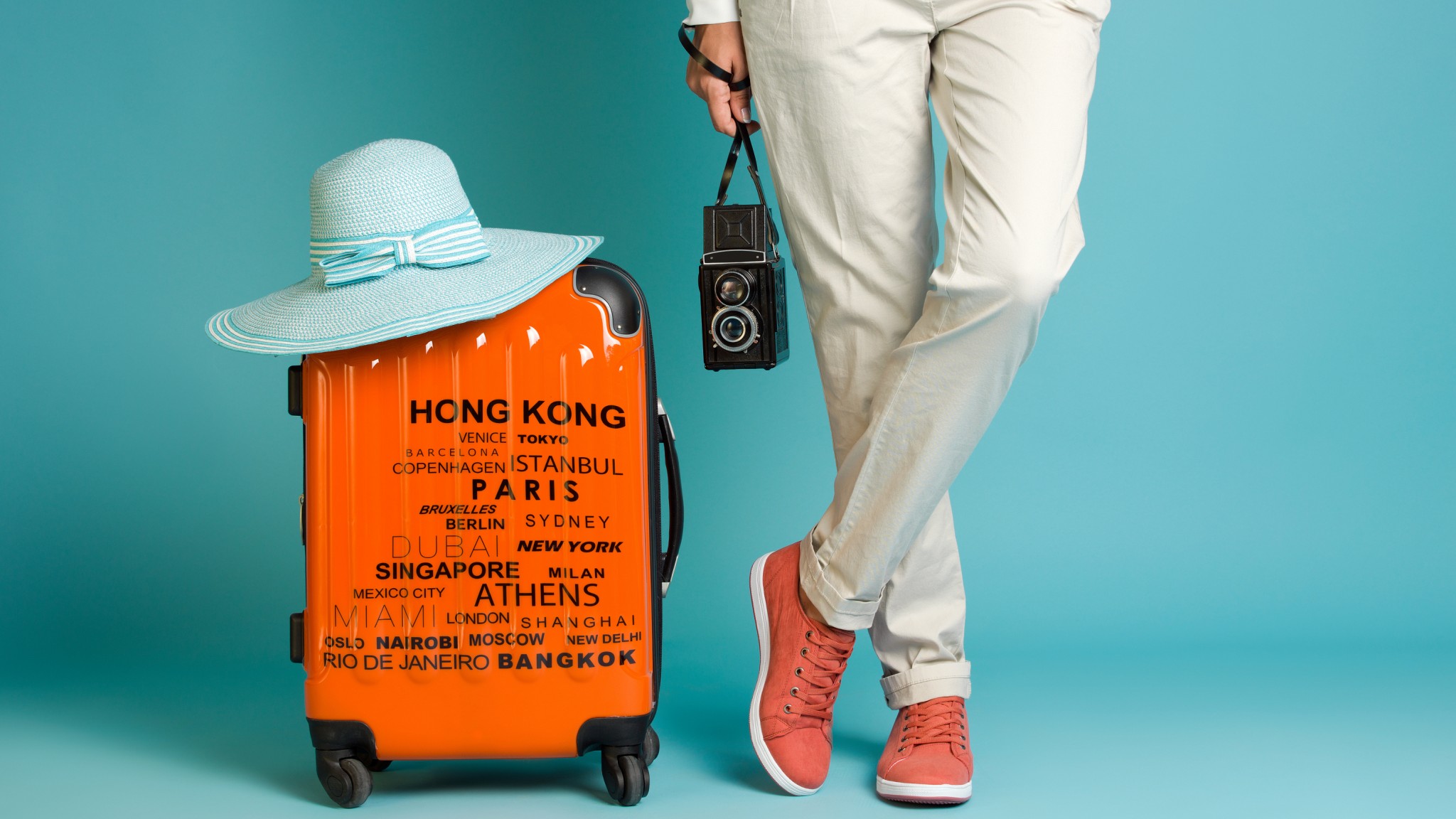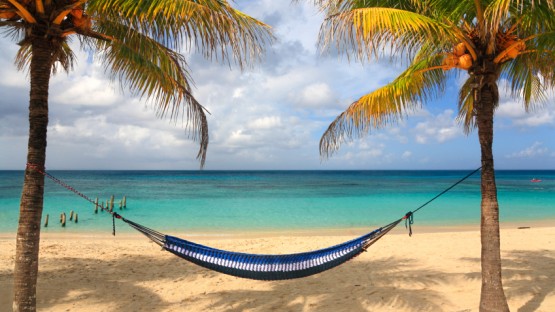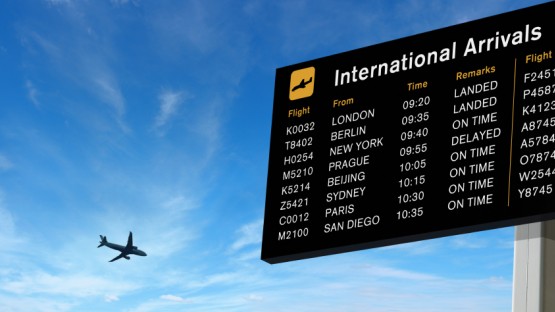
Living abroad?
Expat Health Precautions

Different health standards and difficulties in getting medication are not the only threats to an expat’s health. You might, for instance, encounter tropical diseases which spread in warmer climates. Food and water quality are also an important factor when it comes to expat health. The hygiene standards in your host country may not quite compare to what you are used to. Thus, you may get sick after consuming something at a local market as long as your stomach has not gotten used to it yet.
Vaccination and Immunization
Expat health is as important as it is vulnerable, more so than back home. Unfortunately, tropical climates in particular are like a Petri dish for dangerous infectious diseases and living a healthy expat life there might be harder than elsewhere. But if you are sent on an expat assignment in a so-called Western country, you are not exempt from getting sick, either. For some diseases, however, there are preventative vaccinations which are vital parts of healthcare.
Hepatitis A/B, typhoid, and malaria are common diseases which you can easily prevent by getting either the right immunization or prophylactic medication. So before you take the leap and board a plane to travel halfway around the globe, think about your health first. Swing by your doctor and find out which travel precautions to take.
Food and Water
In some countries, you can buy cheap and tasty food at the roadside and indulge in culinary treats without any worries. In other countries, however, you run the risk of ending up in a hospital bed or at least of spending lots of time in the bathroom when eating from the wrong food stalls.
Contaminated food or water is a health issue many expatriates all over the world, especially in developing countries, have to deal with. It can cause minor gastro-intestinal infections. In some cases, however, it can even be the source of severe diseases such as cholera, typhoid, or hepatitis.
Taking Precautions
Of course, this does not mean that you have to avoid the local cuisine altogether during your expatriate assignment. If you take some simple health precautions, you can enjoy a delicious local snack and stay healthy too:
- Always wash your hands before and after handling food
- Use only bottled, boiled, or sanitized water
- Eat only fresh and thoroughly cooked food which is still hot
If you are unsure whether the food or water you have been offered is healthy enough and want to stay on the safe side, there are certain things you should avoid:
- Reheated food
- Drinks/food cooled with ice
- Uncooked fruit or vegetables, unless you can peel them yourself
- Food that has been exposed to flies
- Dairy products which are not pasteurized or have not been properly refrigerated
- Undercooked or raw seafood
Medical Insurance
However, even if you avoid contaminated water or spoiled food chances are that you may still get sick at some point during your expat assignment. Your health insurance policy should cover the costs of any medical treatment that you need.
Most expats are covered as part of their work benefits in the employment contract. They do not have to worry about getting expat health insurance. But some of you may be self-employed or not receive sufficient health coverage from your company. You should always obtain decent expat health insurance before leaving your home country. Independent insurance brokers are able to provide you with professional advice on the coverage you need.
Before you sign up with a health insurance provider, make sure your policy covers your host country and that you are protected for your entire stay. The insurance provider of your choice should offer a toll-free service number where you can get support 24/7, if necessary.
For more information, also check out our articles on international and expat health insurance.



























